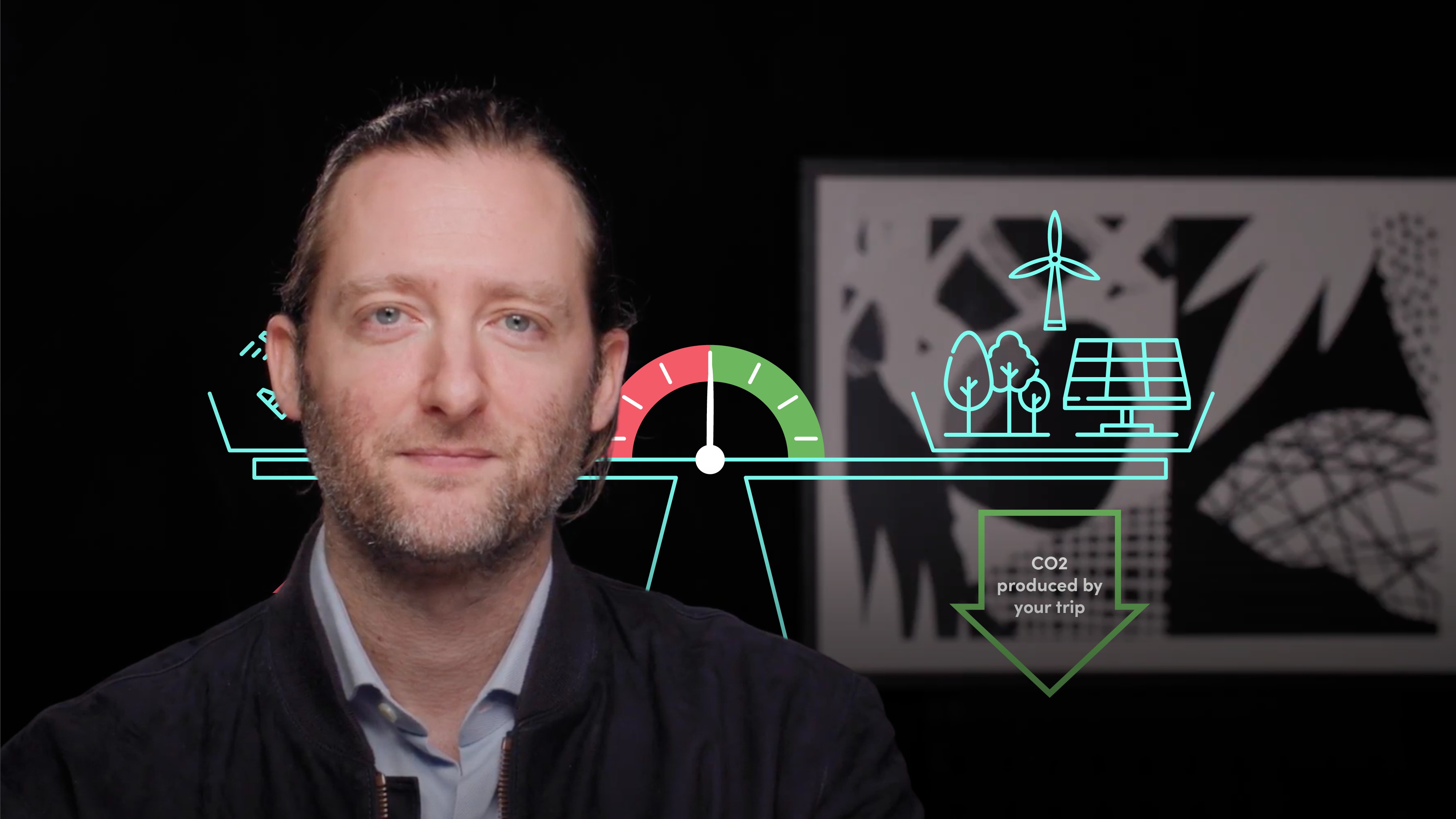
Introduction to Carbon Offsetting

Oliver Bolton
ClimateTech entrepreneur
In this video, Oliver outlines why nature-based solutions could combat emissions produced by institutions slowly transitioning to net-zero. Oliver also discusses why offsets will need to eventually include mechanisms that remove carbon from the atmosphere and why it is vital that institutions invest in nature now. He further explores the broadening scope of nature-based solutions and gives examples of how these alternative solutions can be very beneficial to the environment.
In this video, Oliver outlines why nature-based solutions could combat emissions produced by institutions slowly transitioning to net-zero. Oliver also discusses why offsets will need to eventually include mechanisms that remove carbon from the atmosphere and why it is vital that institutions invest in nature now. He further explores the broadening scope of nature-based solutions and gives examples of how these alternative solutions can be very beneficial to the environment.
Subscribe to watch
Access this and all of the content on our platform by signing up for a 7-day free trial.

Introduction to Carbon Offsetting
11 mins 55 secs
Key learning objectives:
Understand why there is a need for nature-based solutions and carbon offsets
Identify areas of innovation and growth in nature-based solutions
Understand the different forms of nature-based solutions
Overview:
One of the biggest challenges combating industry-related carbon emissions today is the transition process to a net-zero pathway. Carbon offsetting can be effectively used to reduce the carbon footprint of institutions that cannot immediately transition to net-zero. It works by allowing institutions to ‘offset’ or compensate for emissions created in one location by reducing or capturing emissions elsewhere.
Subscribe to watch
Access this and all of the content on our platform by signing up for a 7-day free trial.
Why is investment in alternative nature-based solutions valuable?
Nature-based solutions go beyond the traditional idea of the forest ecosystems that absorb carbon. Grasslands and wetlands are also part of ecosystems that cycle carbon and can act as carbon sinks - they absorb carbon and store it in soil and sediment to keep it out of the atmosphere. Climate mitigation projects are expected to remove around 10 gigatonnes of carbon emissions a year (according to Griscom in 2017).
What is blue carbon and what impact could protecting and regenerating blue carbon ecosystems have?
Blue carbon is the term for carbon captured by the world’s coastal ecosystems and the ocean. Studies have linked the regeneration of blue carbon ecosystems to huge annual global carbon emissions savings. For example, a study by Macreadie et al. estimated that regenerating blue carbon ecosystems such as mangroves, seagrasses and salt marshes could save the equivalent of 3% of annual global carbon emissions.
What is regenerative agriculture and how can it be used to benefit the environment?
Regenerative agriculture is a sustainable farming practice that can help to improve biodiversity, water retention and the drawdown of carbon into the soil. This form of agriculture ensures that vulnerable topsoil will remain healthy and nutrient dense for years to come.
What is the current landscape of nature-based solutions and how can contributions from finance industry help?
The COP26 conference reiterated the links between nature and climate agendas by highlighting the importance of nature-based solutions. Pledges to reduce methane emissions, to stop deforestation by 2030 are incredibly promising and provide increased opportunities for protection, valuation and regeneration of natural ecosystems.
Financial institutions with over US$130tn of assets have committed to net zero under the Glasgow Financial Alliance for Net Zero (GFANZ). The International Sustainability Standards Board (ISSB) was launched and aims to create a very high level of standard with regards to disclosure reporting.
The importance of nature is finally being acknowledged outside scientific realms. Looking ahead, the development of standards is crucial so that businesses can easily invest in nature-based solutions and also get validation of carbon credits.
Subscribe to watch
Access this and all of the content on our platform by signing up for a 7-day free trial.

Oliver Bolton
There are no available Videos from "Oliver Bolton"





























